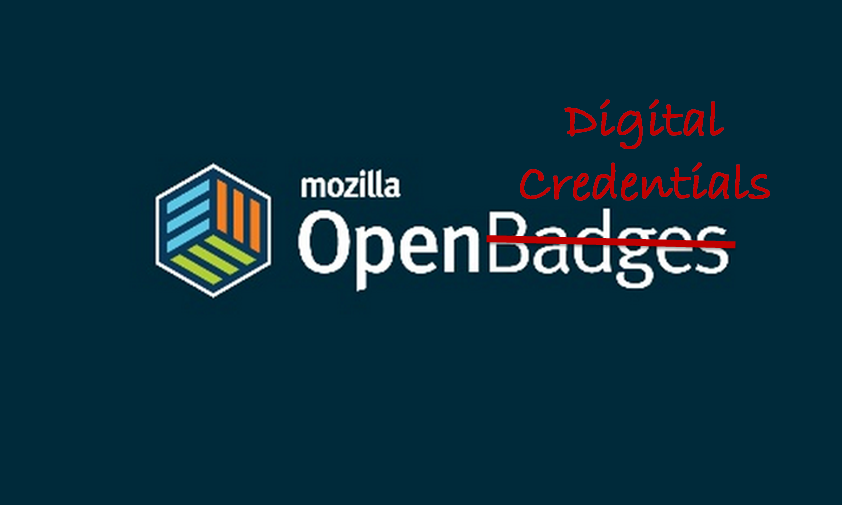Fundable, but not funded
How can research funders ensure ‘unlucky’ applications are handled more appropriately?
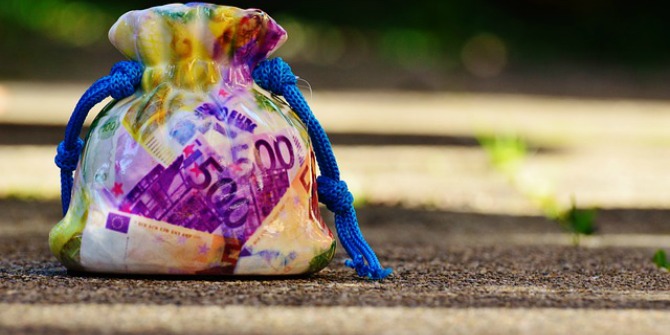
Send us a link
How can research funders ensure ‘unlucky’ applications are handled more appropriately?

Why does the impact factor continue to play such a consequential role in academia? Alex Rushforth and Sarah de Rijcke look at how considerations of the metric enter in from early stages of research…
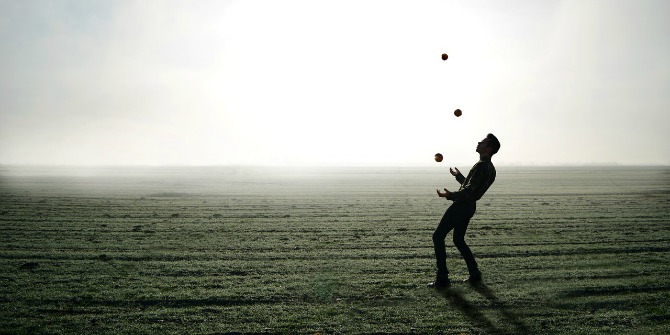
Fields Medal-winning Cambridge mathematician Sir Timothy Gowers and a team of colleagues have recently launched a new editor-owned Open Access (OA) journal for mathematics.

There are three vectors of failure that can be addressed by better technology: time, cost, and the quality of the output itself.

The near-romantic spirit of adventure and exploration that inspired young scientists of my own and earlier generations has become tarnished.

Women Also Know Stuff is a website dedicated to promoting the work of women political scientists.
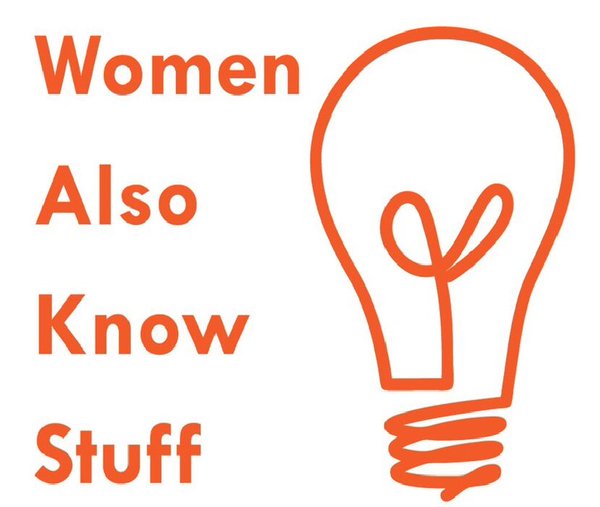
Anyone who looks at international rankings has noticed that Switzerland is rising rapidly up the global academic hierarchy. Sweden and the Netherlands are close behind. This is no coincidence.
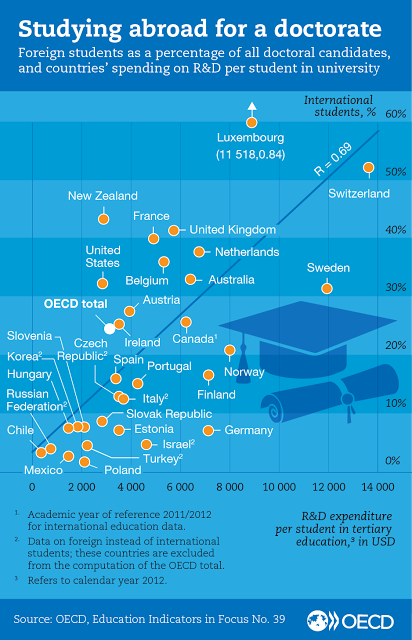
A look at the PLoS ONE paper on a hand designed by “the Creator”
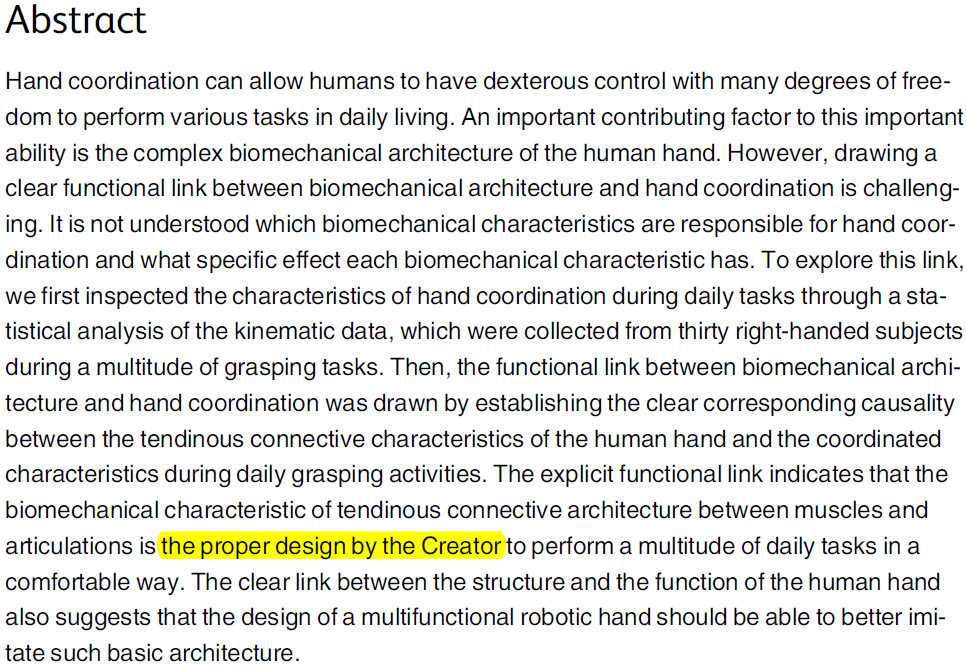
How to do great research, get it published, and improve health outcomes.
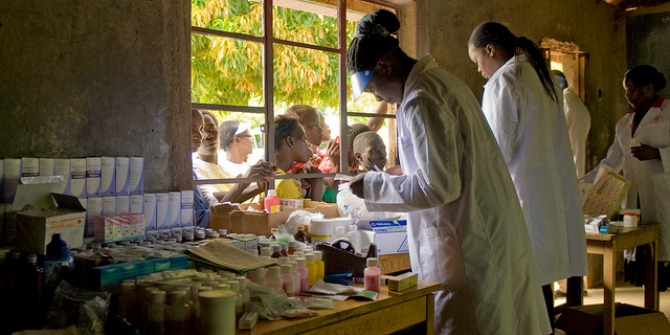
Royal Society to make ORCIDs mandatory for its journals.
BMC editors show that the quality of peer review is slightly higher in BMC Infectious Diseases that operates open peer review compared to BMC Microbiology operating single-blind peer review.
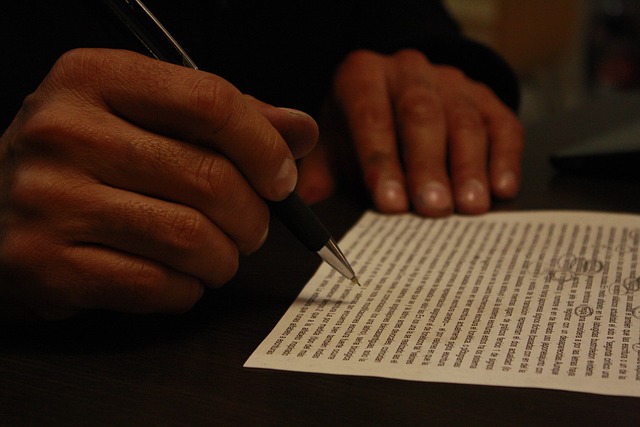
Is "Precision Medicine" another case of rebranding, as chemistry has morphed into nanotech?
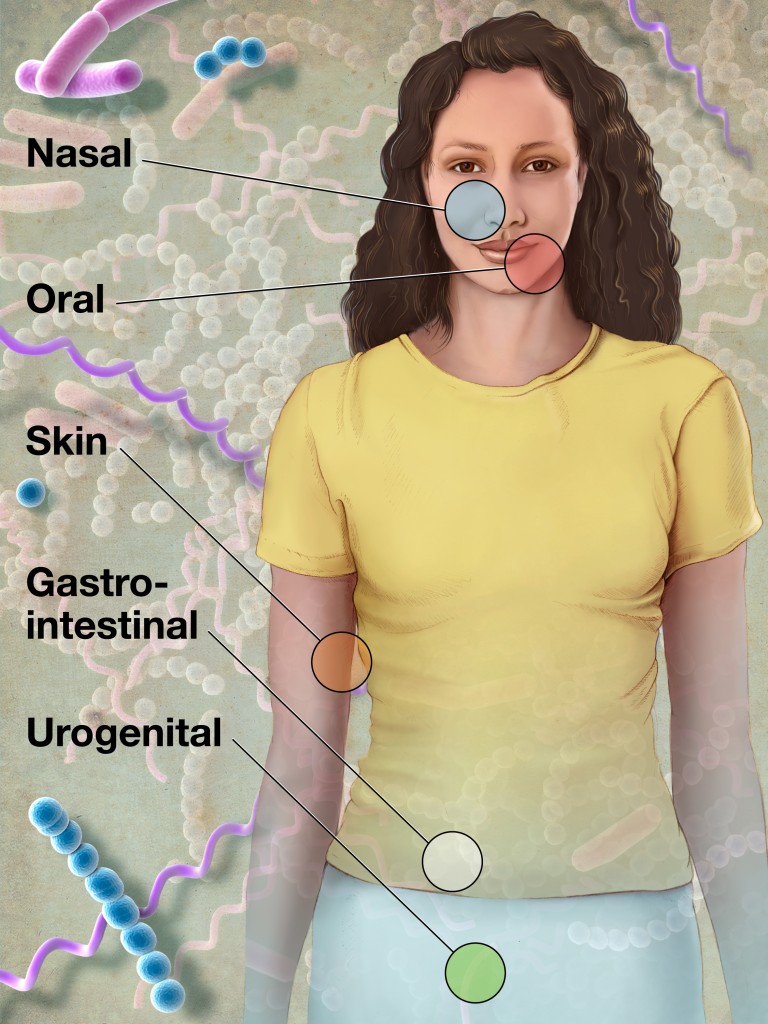
GigaScience launched a project providing an alternative way to give authors credit for their work, contributing more to collaboration, transparency and better data.

PLOS ONE increases author publication costs rates in 10%.
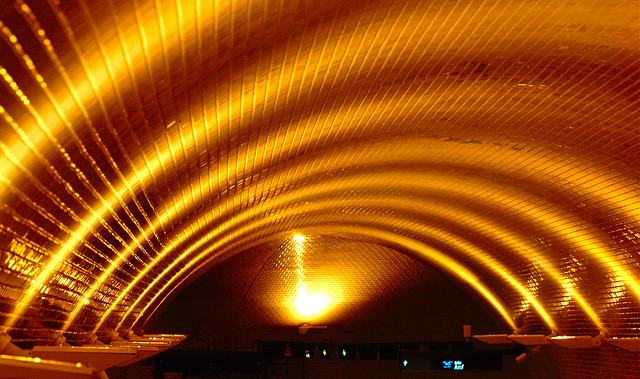
It’s widely recognised that the established scholarly publishers skim an awful lot of money off the top of research budgets.
In theory, science isn't just self-interested. We're all driven by curiosity and pure motives to strive together to unlock the secrets of the universe and solve problems.But it's for others to determine whether or not we've unlocked or solved anything.
The Web was invented to enable scientists to collaborate.
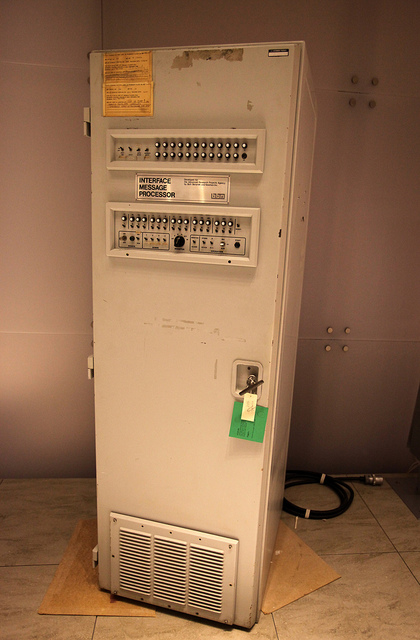
Much of our contemporary approach to publishing research began with the launch of that journal, but what does the future hold?
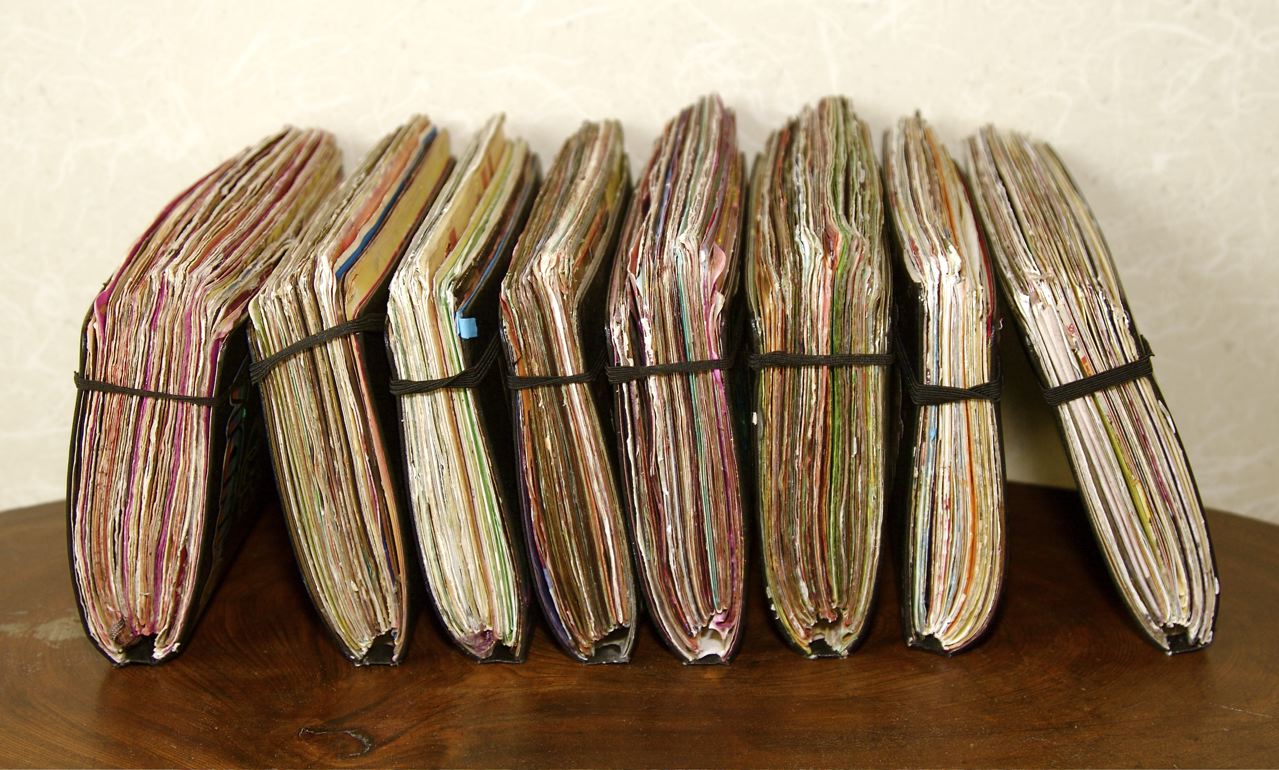
The cooperation will expose to Altmetric the metadata of all the Paperity articles for proper identification. In return, Altmetric will track social mentions of these articles and measure online attention they receive, with calculation of Altmetric score.
"I never quit until I get what I'm after. Negative results are just what I'm after. They are just as valuable to me as positive results." - Thomas A. Edison.
Last week the Citizen Science Association held its first conference ever, with 600 people attending from 25 countries.
Data-Level Metrics (DLMs): NSF-funded project which will pilot a suite of metrics to track and measure data use that can be shared with funders, tenure & promotion committees, and other stakeholders.
We announce the launch of a program which integrates our submission process with those of a select set of data repositories to better support data sharing.
We’ve developed an enriched format for citations, called, appropriately enough, rich citations.
More than half of all peer-reviewed research articles published from 2007 to 2012 are now free to download somewhere on the Internet, according to a report produced for the European Commission.
“When I won this, my grandma, who lives in Fargo, North Dakota, wanted to see it..."
Pros and cons of an alternative for today’s method of allocating research funds using peer review.
There's a lot that gets done that goes unrecognized. That unrecognized work can not only be crucial for getting to the actual research outcome put forward in the form of publications, but also for reflecting important skills gained.
